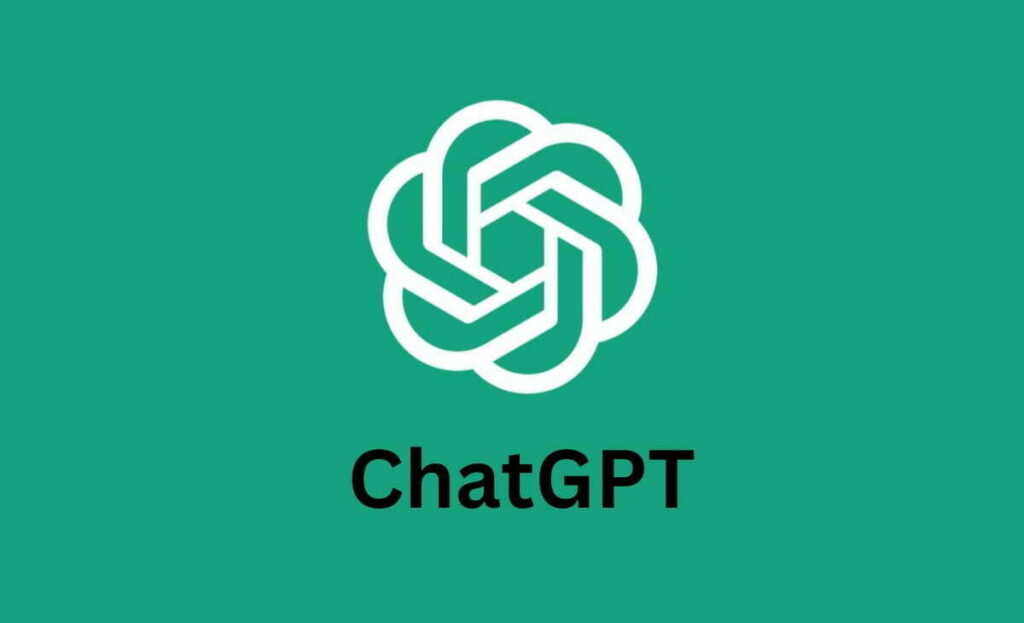OpenAI, the organization behind the ChatGPT chatbot, has made a significant update to its capabilities. ChatGPT can now browse the internet to provide users with current information, a feature that was previously unavailable.
This means that premium users will be able to ask ChatGPT questions about current events and access the latest news.
Before this update, ChatGPT’s knowledge was limited to data up until September 2021. It couldn’t provide real-time information or browse the internet for the latest updates. This limitation frustrated some users who wanted access to up-to-date information.
The ability to access current data marks a significant step forward for ChatGPT. Users can now rely on the chatbot for quick responses to their pressing questions and inquiries, rather than turning to search engines or news outlets.
However, this new functionality also comes with challenges. While it provides quick answers, there are concerns about accuracy and the sourcing of information.
Without clear references to sources, users may assume that the information provided by ChatGPT is reliable when it might not be. This raises questions about the potential for misinformation.
OpenAI has faced scrutiny from regulators in the past regarding the risk of ChatGPT generating false information. The Federal Trade Commission (FTC) in the United States has requested information from OpenAI about how it addresses these risks.
There were several reasons why ChatGPT did not initially have internet browsing capabilities. The cost of computing resources was a factor, with each query costing OpenAI a significant amount.
Additionally, limited data provided a safety net, preventing the chatbot from regurgitating harmful or illegal content.
The introduction of real-time data access highlights the ongoing dilemma in the AI sector. To be more useful, AI models need to access the latest information, but this also opens up the potential for misuse and the spread of misinformation. Striking the right balance between usefulness and safety remains a challenge for AI developers.
